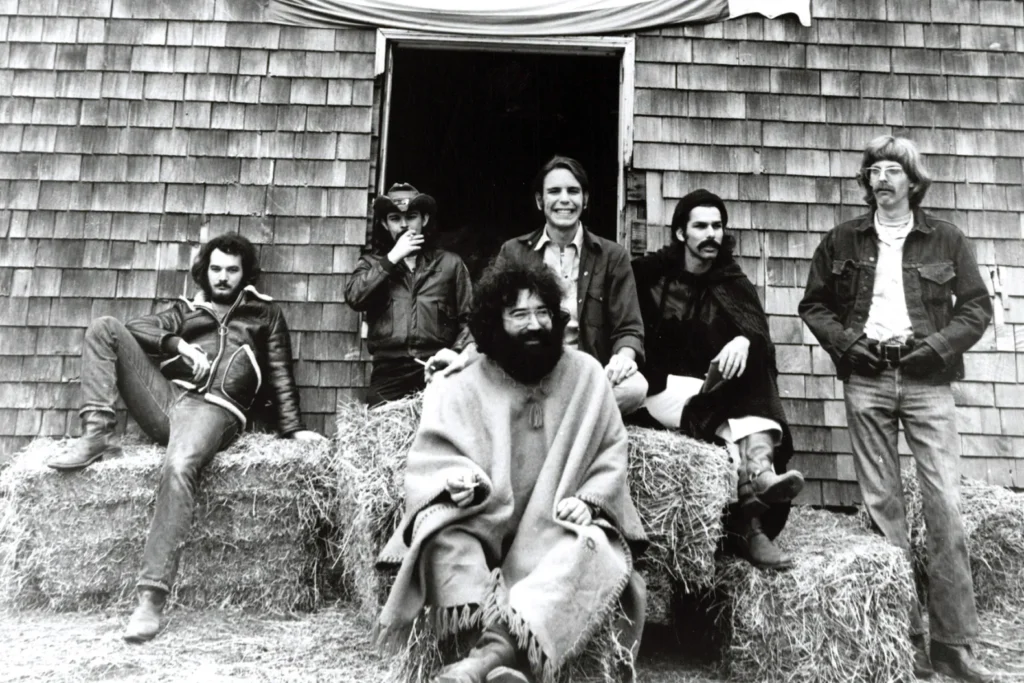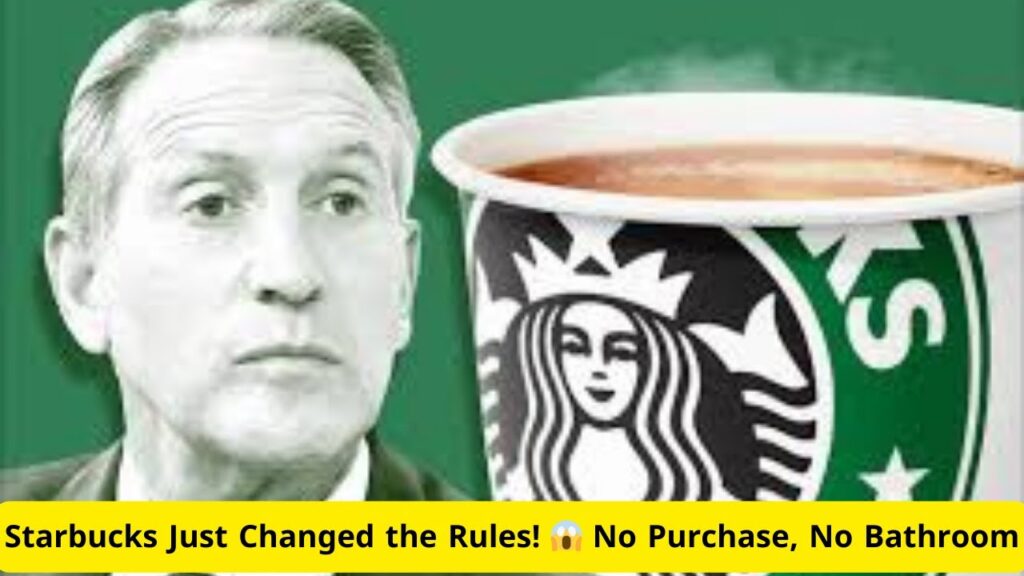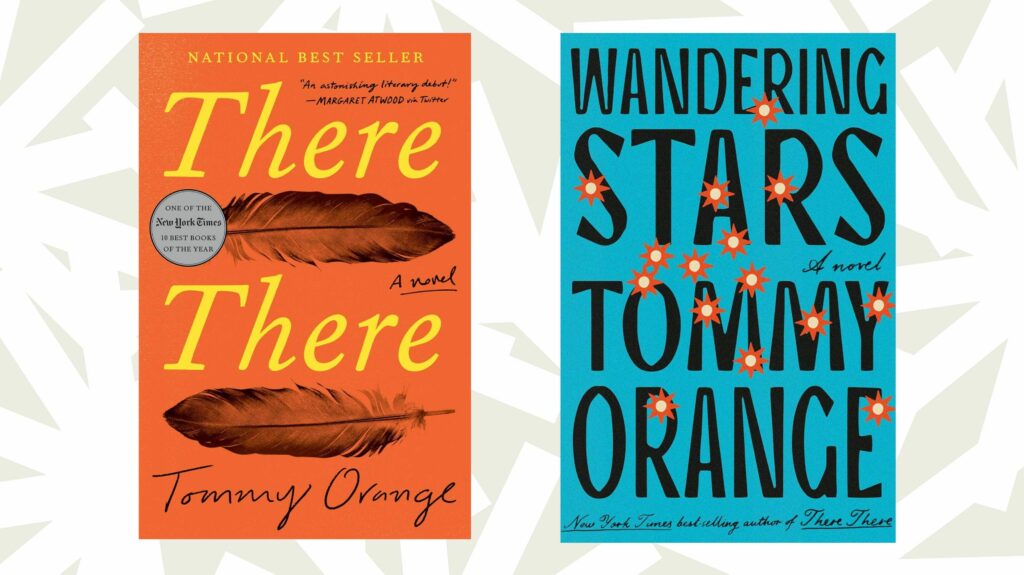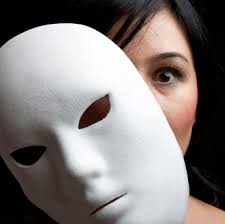
It’s just been a few short weeks since Kate Spade and Anthony Bourdain took their own lives in quick succession. With all that’s happened in Trumpland since then, it seems like years ago. Before these tragedies completely fade into our memory I feel compelled to talk about some of my own struggles with mental health.
My driving motivation and main concern lie with all the young people in my life: my students at USC, those I work alongside with in my marketing insights business, my musician friends, and of course, my own three children. I am also thinking about people of any age who struggle with issues of self-esteem or depression.
One conversation in particular motivates me here. Meeting with two of my grad students to help them plan their final project, the conversation pivoted to questions about my own professional experience. One of the pair was full of admiration, not just of the work I’ve done, but for the fact that I held a teaching position in a major university. It was deeply satisfying to hear him talk about how I inspired him and his fellow students.
The praise was quickly followed by self-deprecation. “I’ll never be able to do what you do,” he said. “I’m just not smart enough.”
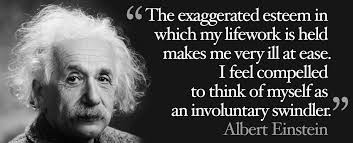 He could not have been more wrong. He’s smart, capable and the nicest guy in the world. People love him and would follow him anywhere. He’ll do whatever he wants in life and I told him as much.
He could not have been more wrong. He’s smart, capable and the nicest guy in the world. People love him and would follow him anywhere. He’ll do whatever he wants in life and I told him as much.
I should know. I shared these exact feelings when I was his age. And for decades after that. Teach grad school? You’re crazy. I shouldn’t even be in grad school.
Because if I knew anything at all in those days, it was that I was a big fraud. I knew nothing and wasn’t smart enough to teach anywhere or ever be successful in my career.
These back-to-back suicides painfully reminded me of those feelings.
There were times I’d switch on the TV, which for the past year is always tuned to CNN for my daily masochistic ritual, which I like to call “What’s Trump done now?” only to forget that it was Sunday, when when there’s a break from the news. And there would be Anthony Bourdain. Ultra-confident, adventurous, ever-curious, traveling the world, engaged in warm conversation with local people as if he were family, eating, drinking, carousing, and teaching us not just about food, but about humanity.
 But clearly, things are not always what they seem to be.
But clearly, things are not always what they seem to be.
I’ve been working a long time. I am fortunate to live a rich life, blessed with incredible friends and wonderful children. Without a clue to what I was in for at the time, along with very little idea of what I was doing, I started a business thirty years ago. There have been mistakes along the way and dreams unrealized. When I call it quits (which I hope will be never), there will inevitably be a long list of unfulfilled goals, both personal and professional. I accept that. Because from my current perspective, I see a life well lived, where the achievements far outweigh the failures and the happiness exceeds the sadness.
It wasn’t always so. In fact, it wasn’t until just a few years ago that I started to accept that I was actually – objectively – a strong, successful, credible, capable, respected adult. I remember the moment.
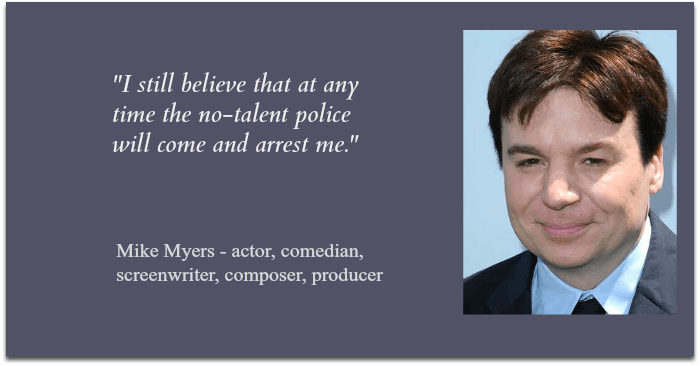
I was standing in front of my class of my graduate students, leading a discussion. Tough questions of all kinds were being fired at me and thorny issues were being raised, with all eyes on me. I was struck, as if out of nowhere, by a singular, shocking thought.
“Wow. I’m good at this! And I really know a lot.”
This was precisely the moment when my life-long struggle with “imposter syndrome” started to recede.
From the outside in, most people would never have known how I felt. I presented as charismatic, bright and capable. Destined for success. Everyone seemed to know this but me. What I did know, beyond the shadow of a doubt, is that I was faking it.
I may be smarter than some in high school but wait until I get to college. They’ll see how empty-headed and incapable I really am.
Okay, I got through Northwestern University and they’ve accepted me into grad school there. Maybe I’ll graduate, but I’ll be exposed along the way. And when it’s over, who would ever hire me anyway?
I’ve landed a job in an ad agency and been promoted three times in a year. Now my client wants to hire me away. Oh no! I’m in so far over my head. They’ll soon find out that I’ve got nothing! Shame and humiliation are just around the corner.
I’ve started a business. After a year or two I’m working with Nestle, Pepsi, General Mills, Taco Bell, Exxon-Mobile and other huge companies. They’re buying my act for now, but just wait.
Yes, there were snags along the way, some very serious. But overall, I did just fine. The positive far outweighed the negative, almost always. That’s especially true now.
Still, I felt like a failure, like a child not worthy of the adult world. Undeserving of spiritual, emotional and financial success. I was a pariah and always would be.
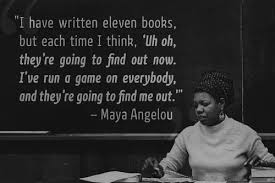 It continues to surprise me how many people – successful, seemingly happy people – suffer from Imposter Syndrome. If you think you’re alone, think again. Just take a look at the quotes scattered across this post. And if that’s not enough, let me offer the story of “Two Neils.” Neil Gaiman is one of the most successful writers in the world. He’s won countless awards and sold over 45 million books. Neil Armstrong was the first man to walk on the moon.
It continues to surprise me how many people – successful, seemingly happy people – suffer from Imposter Syndrome. If you think you’re alone, think again. Just take a look at the quotes scattered across this post. And if that’s not enough, let me offer the story of “Two Neils.” Neil Gaiman is one of the most successful writers in the world. He’s won countless awards and sold over 45 million books. Neil Armstrong was the first man to walk on the moon.
Here’s Gaiman’s recollection of their encounter.
Some years ago, I was lucky enough invited to a gathering of great and good people: artists and scientists, writers and discoverers of things. And I felt that at any moment they would realise that I didn’t qualify to be there, among these people who had really done things.
On my second or third night there, I was standing at the back of the hall, while a musical entertainment happened, and I started talking to a very nice, polite, elderly gentleman about several things, including our shared first name. And then he pointed to the hall of people, and said words to the effect of, “I just look at all these people, and I think, what the heck am I doing here? They’ve made amazing things. I just went where I was sent.”
And I said, “Yes. But you were the first man on the moon. I think that counts for something.”
And I felt a bit better. Because if Neil Armstrong felt like an imposter, maybe everyone did. Maybe there weren’t any grown-ups, only people who had worked hard and also got lucky and were slightly out of their depth, all of us doing the best job we could, which is all we can really hope for.
You don’t have to suffer with these feelings. All of us doubt ourselves from time to time. Accept those thoughts with equanimity. Examine them and then realize that they’re just stories we tell ourselves. Get back to the positive thoughts and actions that help you feel better and be better. Of course, it’s easier said than done, but bing a victim of your own negativity is neither healthy nor productive. Do what you need to do. Meditate, go to therapy, exercise, work hard. Remember you are not alone.
I hope this piece provides some degree of understanding and comfort, even if it’s just to a single person. If I can help anyone with any of these feelings, please write or call. I’ll talk to you.

